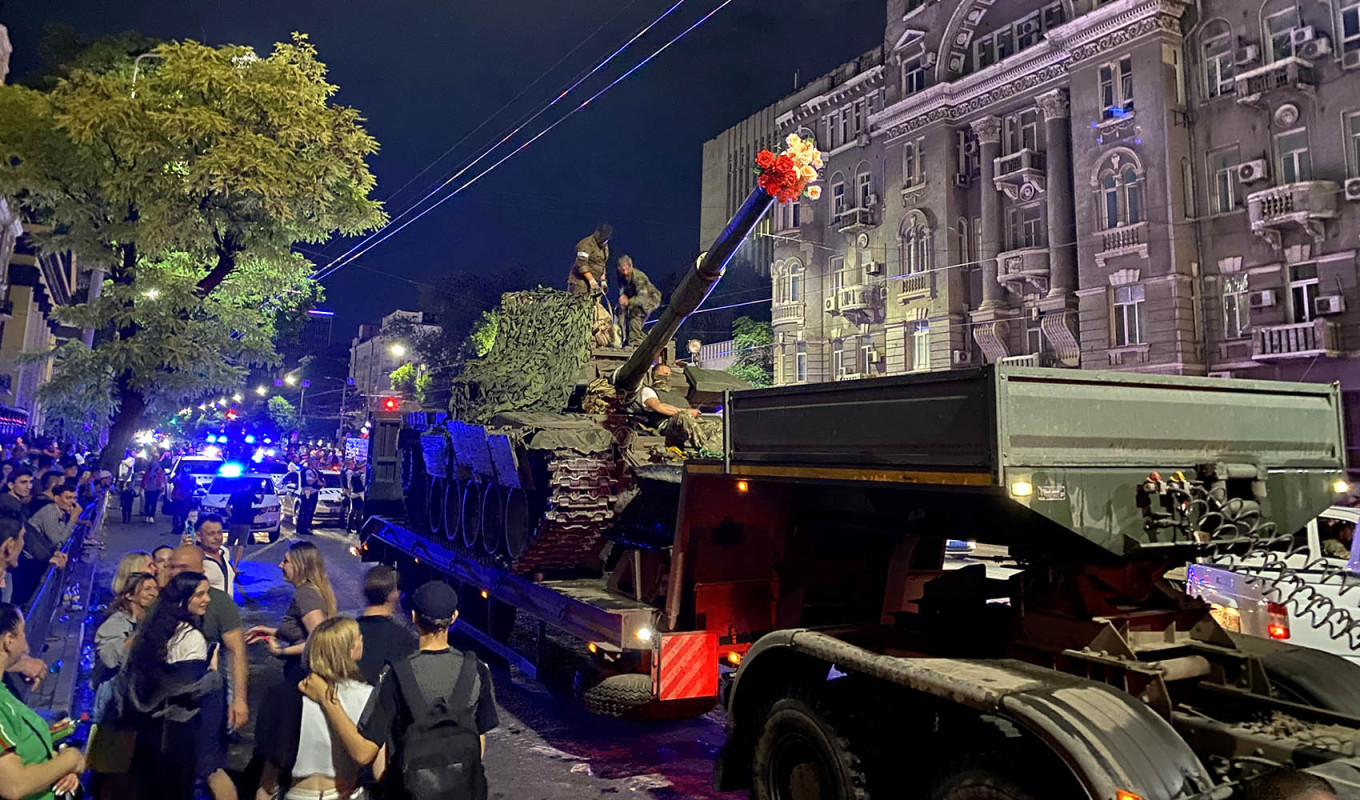A U.S.
grand jury indicted Russian scientist and Harvard Medical School researcher Ksenia Petrova on three charges of smuggling frog embryos, false statements and concealment of a material fact, the U.S.
Justice Departmentsaid Wednesday.The indictment stems from a Feb.
16 incident when customs officials stopped Petrova at Boston Logan International Airport upon her return from France with the biological samples.Immigration authorities revoked Petrovas research visa and transferred her between multiple detention facilities before formally charging her with smuggling last month.Petrovas attorney, Gregory Romanovsky, had told The Moscow Times that the smuggling charge was outrageous and legally indefensible, arguing that the non-living frog embryos were not classified as restricted biological materials under U.S.
customs law and did not require a permit.On Wednesday, the Justice Department alleged that Petrova initially denied then admitted to having the undeclared biological material.
It also claimed text messages on Petrovas phone suggested she knew she would need permission to bring the frog embryos and embryonic samples.Petrova was indicted on three counts by a federal grand jury in Boston.Smuggling carries a maximum sentence of 20 years, while the charges of giving false statements and concealment of a material fact carry a maximum sentence of five years each.Petrova was released on bail on June 12 and is currently on pretrial release, meaning she has to follow certain conditions while waiting for her next court date.She has said she fears arrest or worse if deported back to Russia due to her political activism.
She was reportedly arrested in Russia in 2022 for protesting the full-scale invasion of Ukraine.
Music
Trailers
DailyVideos
India
Pakistan
Afghanistan
Bangladesh
Srilanka
Nepal
Thailand
Iraq
Iran
Russia
Brazil
StockMarket
Business
CryptoCurrency
Technology
Startup
Trending Videos
Coupons
Football
Search
Download App in Playstore
Download App
Best Collections

 6
6








